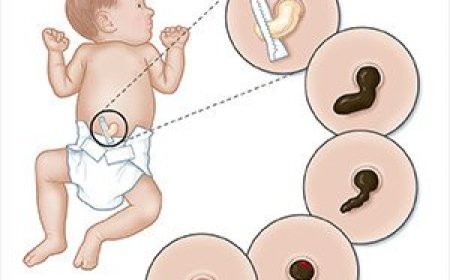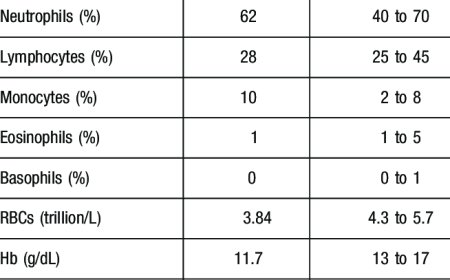Hospice care

Introduction:
Hospice care is a compassionate approach to medical treatment that focuses on providing comfort and support to individuals who are nearing the end of their life journey. It is an essential service offered in India and many other countries, ensuring that patients and their families experience dignity, respect, and peace during this challenging time.
Signs and Symptoms:
Hospice care becomes necessary when a person's medical condition is not responding well to curative treatments, and the focus shifts to improving their quality of life. Common signs and symptoms indicating the need for hospice care include:
- Uncontrolled pain or symptoms
- Frequent hospitalizations or emergency room visits
- Decline in physical or mental abilities
- Loss of appetite and weight loss
- Increasing fatigue and weakness
- Difficulty in breathing
What is Hospice Care?
Hospice care is a specialized approach that provides medical, emotional, and spiritual support to patients with life-limiting illnesses. The goal is to ensure the patient's comfort and dignity while supporting their loved ones during this challenging time.
How is Hospice Care Classified?
Hospice care can be classified into two main types:
-
Home Hospice Care: In this type of care, a team of healthcare professionals comes to the patient's home to provide necessary medical treatment, pain management, and emotional support.
-
Inpatient Hospice Care: This type of care is provided in dedicated hospice facilities or hospitals where medical professionals offer around-the-clock support and pain management to patients who require intensive care.
Causes and Triggers:
Hospice care is typically recommended when a person has been diagnosed with a terminal illness or has a life-limiting condition that is not responding well to curative treatments. Some common causes and triggers include:
- Advanced cancer that is no longer treatable
- Heart failure in its late stages
- Respiratory diseases like chronic obstructive pulmonary disease (COPD)
- End-stage kidney or liver disease
Risk Factors with Examples:
The need for hospice care can be triggered by various risk factors, including:
-
Age: Older individuals are more prone to chronic illnesses, increasing the likelihood of requiring hospice care. Example: An elderly person with advanced dementia or Alzheimer's disease.
-
Lifestyle choices: Unhealthy habits like smoking or excessive alcohol consumption can lead to life-limiting illnesses. Example: A chronic smoker developing late-stage lung cancer.
-
Genetic factors: Some medical conditions have a genetic basis, leading to life-limiting illnesses. Example: A person born with a genetic disorder that affects their organs.
Types of Hospice Care:
-
Pain Management: One of the primary goals of hospice care is to manage pain effectively, allowing patients to remain comfortable and enjoy a better quality of life during their final days.
-
Symptom Control: Hospice care focuses on alleviating distressing symptoms such as nausea, shortness of breath, or anxiety, providing comfort to patients.
-
Emotional Support: Hospice care professionals offer emotional support to patients and their families, helping them cope with fear, grief, and anxiety.
Diagnostic Tests and Treatments:
-
Palliative Care Consultation: The initial step is to assess the patient's medical condition and discuss their preferences and treatment options with a palliative care specialist.
-
Pain Assessment: Doctors use various tools to evaluate the intensity and nature of the patient's pain to create an appropriate pain management plan.
-
Medication Management: Medications are administered to relieve pain and manage symptoms, ensuring the patient's comfort.
-
Emotional and Spiritual Counseling: Trained professionals offer counseling to patients and their families to address emotional and spiritual concerns.
Complications and Prevention Techniques:
Hospice care is designed to enhance the patient's comfort and quality of life, but complications can still arise. Some potential complications include:
-
Medication Side Effects: Some medications may cause side effects, which can be managed by adjusting the dosage or using alternative drugs.
-
Emotional Distress: Patients and families may experience emotional distress during this time. Open communication and counseling can help address these concerns.
Hospice care in India provides immense support and comfort to patients and their families during the final stages of life. It ensures that patients experience dignity, respect, and pain relief, while their families receive the necessary emotional support. Embracing hospice care allows individuals to focus on the moments that matter most, surrounded by love and care.
What's Your Reaction?
 Like
0
Like
0
 Dislike
0
Dislike
0
 Love
0
Love
0
 Funny
0
Funny
0
 Angry
0
Angry
0
 Sad
0
Sad
0
 Wow
0
Wow
0






































































